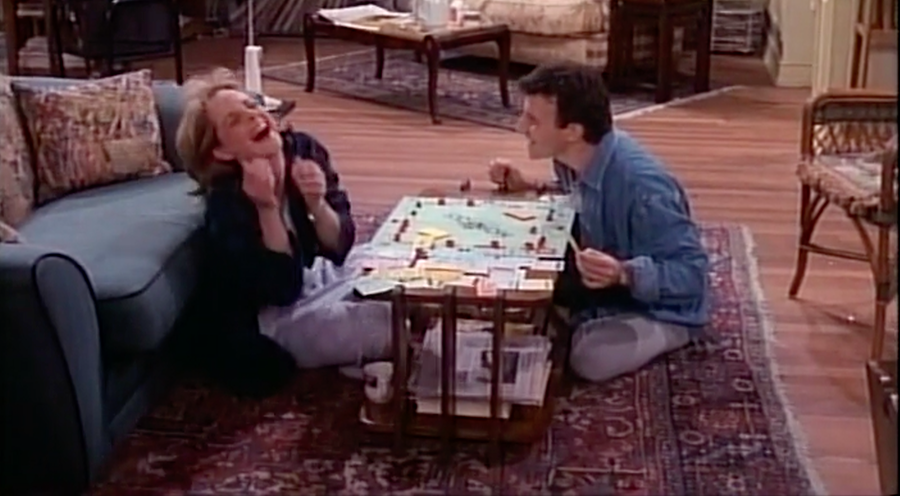A friend is talking about giving up on a script because it’s telling a true story and there is just too much detail to get into it. Easy, I said.
It’s always easy when it’s someone else’s script.
But still, a story isn’t a document and if you want to convey truth, it’s better to make the audience feel than to brief them on every detail. I have believed this all my life: journalism is about the facts, drama is about the truth. The first half of that belief has taken a bit of denting lately, but I’m as sure about the latter as I am that I can’t stand those dramatic reenactment scenes that pad out some of the poorer documentaries.
I need more from dramatised true stories. I don’t mean I need added sensation and, this is a separate issue, I do mean that it’s amazing how bad the acting is in those documentary scenes. I’ve got to let that go.
Anyway.
The problem with a script that’s too long is that you cut it down. Sorted. Rather than just deleting every second page or something, just find the key part of the tale. Find the one part of the story that captures what you want, that conveys and communicates and connects with whatever jt is that made you so keen to tell this tale. That makes you want to tell this tale and not that one, that made you keen to spend at least hundreds of hours working on it.
It’s up to you to find that one line and I can’t help you because it’s your story, your connection. And besides, my current script is running too short.
In my case, I have this piece that I just look forward to writing each morning, to spend an hour in this world that is forming around me. It’s what I’ll be going to the moment you and I are done. Only, this script should come out to be an hour long and instead I’m eating up story like it’s chocolate. At the moment, I’m on 23 pages and I think it’s going to wrap up in about another 10.
Plus unfortunately the 10 includes two to three pages of necessary stuff that I require, that is fun, but the only place it can go is after the best point to end the script. I don’t know what to do about that, except that I do.
The friend with the script that’s too long and me with the one that’s too short, we still both have things we have to drop.
I won’t underestimate the difficulty my friend is having. I will underestimate the difficult I’m having. But still, even if neither of us is having it easy, even if actually neither of us has a producer waiting for this yet, even if both of us are writing for ourselves at the moment, this is all a nice problem to have.
As with any script, what I’m going back to writing in a moment and the other side of a mug of tea, may never get made. But I’m enjoying being in this world instead of our real one, and I can actually see how a previous script that was commissioned has taught me something I need for this one.
We get better by doing. I can’t see an alternative to that and I can see that it’s something I should apply to everything.

